Is your baby ready for kindergarten—or should you wait another year? After all, the practice of “redshirting” kids, the term for giving them an extra year before starting kindergarten (thereby making them one of the oldest in their grade as opposed to the youngest), has risen in popularity, especially in light of schools adopting distance learning models for the start of the 2020-21 school year. But is it a good idea? We looked at the studies and asked experts to weigh in. Here’s what we found.
Reasons You SHOULD Delay Kindergarten

Your kid will (probably) be more willing to sit still if given an extra year.
Whether or not your five-year-old will sit still during circle time or stay on task at writing centers (or at home) may actually depend on her age, since younger children generally have a harder time doing both. Studies have shown that kids are often misdiagnosed with behavior problems in kindergarten when in fact, the behaviors are just a matter of being younger than classmates. And, according to this Stanford University study, children who wait a year to enroll have significantly lower levels of inattention and hyperactivity—with results continuing even at age 11.
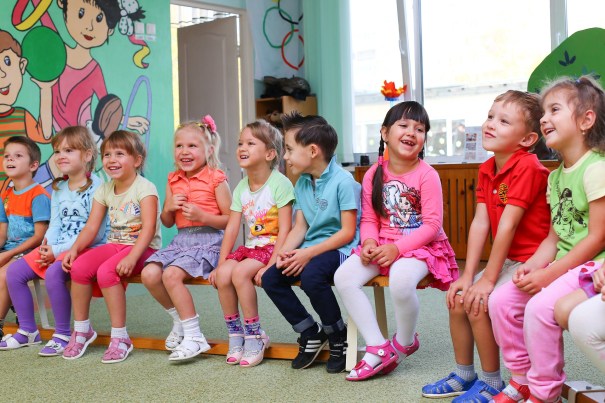
Your kid may be misdiagnosed with ADHD if they starts too early.
All those wiggles in the classroom may have some unintended consequences for kids who start kindergarten too early. A 2018 study published in the New England Journal of Medicine found that kids who turned five the month before starting kindergarten were more likely to be diagnosed with ADHD than those who started the month that they turned six. "Our findings suggest the possibility that large numbers of kids are being overdiagnosed and overtreated for ADHD because they happen to be relatively immature compared to their older classmates in the early years of elementary school," said study author Timothy Layton, an assistant professor of health care policy at Harvard Medical School, in this article for Education Week.
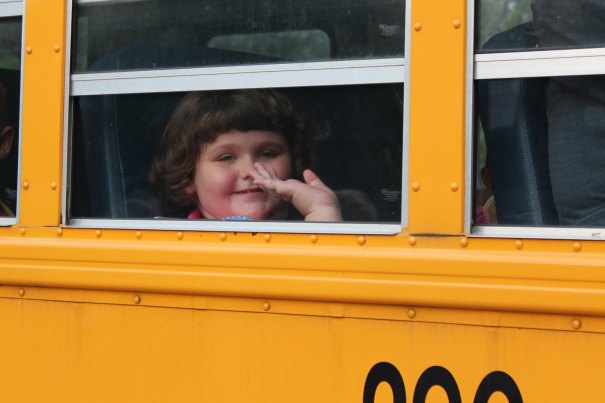
An older child will probably have an easier time saying goodbye to you.
Younger kids—especially those who haven’t already attended a preschool program—may have a tougher time saying goodbye in the morning (and we all know how hard it is to leave a tearful tot at drop-off). Giving your child more time to become independent may help her let go when it’s time for the school day to start. with the in-home model of learning most schools will use this year, it may be challenging to start a drop=off situation mid-year should children resume in-class learning.
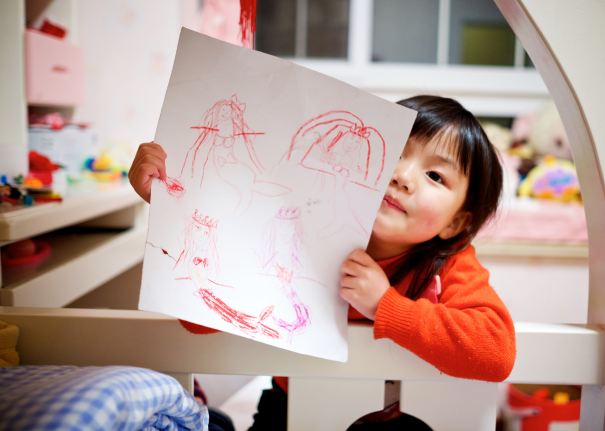
Their fine motor skills will be more developed.
Older kids usually have an easier time with fine motor activities (holding a pencil and using scissors, for instance). Being able to do these things can help build confidence and make a kid more excited about their accomplishments at school.
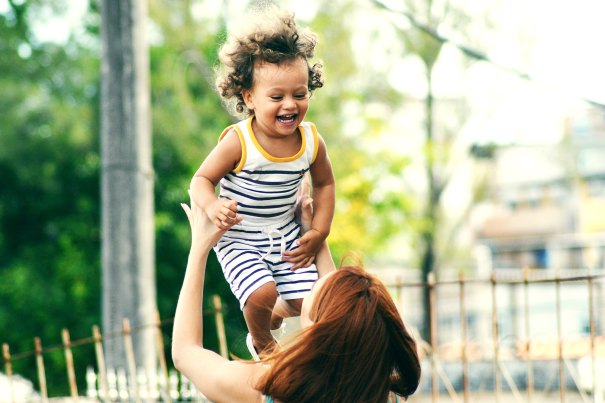
They have more time to be kids ... and you have more time with them!
Waiting to start formal schooling gives kids more time to be kids, to enjoy a more leisurely day, and to play freely (which, studies have suggested may be more valuable than academics for young children). Delaying kindergarten also gives you one more year with your child. If you're lucky enough to be home with your kiddo, you'll be glad you got that time.
Reasons You SHOULDN’T Delay Kindergarten
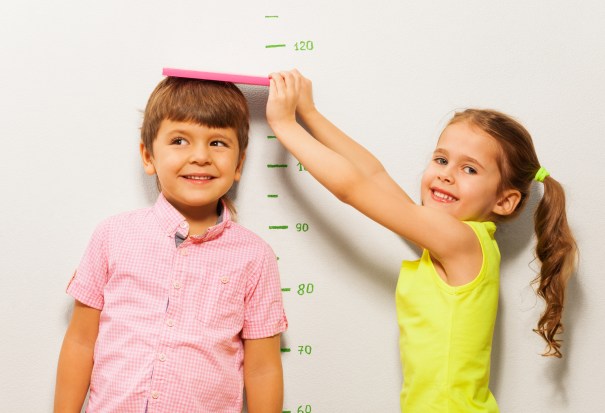
An older child may be taller than their classmates … which matters, especially in middle school.
You may not be thinking about the teen years yet, but let’s not forget: A child who is the oldest kid in kindergarten will also be the oldest in her middle school grade—and that's no small thing, especially when puberty hits.
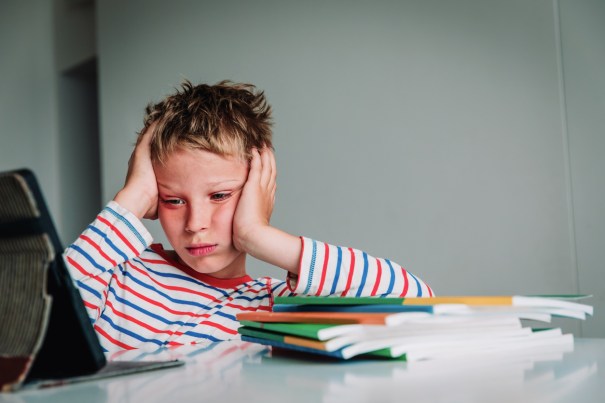
They may be bored (and consequently misbehave).
This study has suggested that kids who delayed kindergarten were twice as likely to drop out of high school. Researchers think this is because they reach adult age sooner, which is when kids are legally allowed to quit school on their own (most state laws require kids to stay in school until at least age 17).

That extra year may be expensive.
If you’re a working parent, delaying kindergarten means another year of paying for childcare or preschool. And, with the average cost of preschool as high as more than $10,000 per year in some states (according to this study from the Economic Policy Institute), it's an expensive wait.
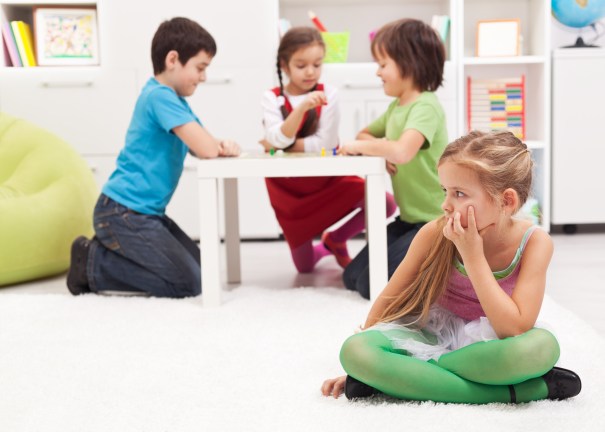
They may not find peers on their level (initially).
A year can make a big difference when you're only still in your first decade of life. This means that a calm, more introverted six-year-old may have trouble finding like-minded peers in a kindergarten class full of rowdy five-year-olds.
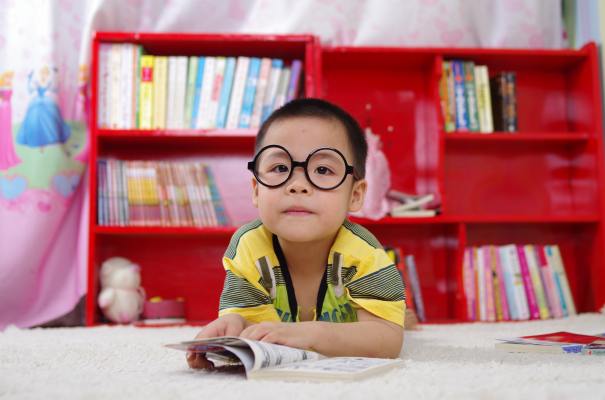
It may not matter in the long run.
Despite conflicting research and strong opinions on both sides, it is still unclear whether "redshirting" makes any difference at all in the long run. Some studies even suggest that, whether your child starts school a year early or a year late, it all levels out by the middle school years.
So… Now What?
With all that information, you’re probably still wondering: What’s the right answer? The answer: Both. It really depends on the kid.
“Kids should be with developmental age peers as much as possible since kindergarten builds not just academics but social skills, too,” said Deanna Lapen, a Los Angeles-based school psychologist and former kindergarten teacher. “With that being said, every child is an individual. Parents should think about why they would consider redshirting.”
Lapen said parents should talk with their child’s preschool teacher (if applicable) as well as look at the kindergarten curriculum for whatever school your child might attend. Then ask: “Is the upcoming kindergarten class a place where the child will thrive socially and academically?”
If so, don’t delay. And, as always—trust your instincts.
—Melissa Heckscher
Feature photo: iStock
RELATED STORIES:
What Redshirting My Son Taught Me about Time
How to Help Your Child Transition to Kindergarten Like a Pro